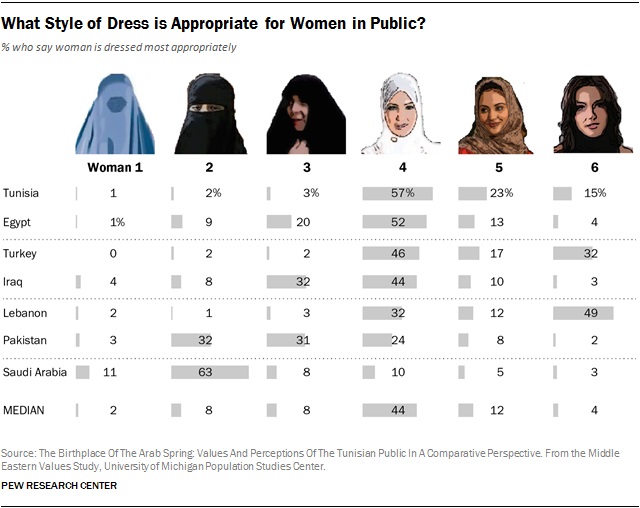
Al Andalus 2.0. La ciber-yihad contra España
This work analyzes the explosive combination of terrorism, new information technologies and historical grievances. The recovery of Islamic rule on the Iberian Peninsula remains an essential objective for Al Qaeda and their allies. The radicals found in the Internet an opportunity to enhance and reinterpret in harsh terms the myth of a paradise taken away…




